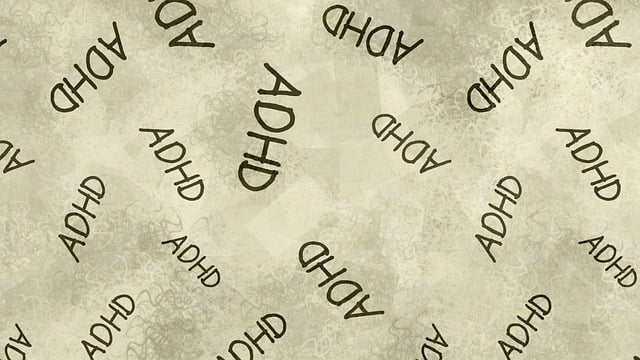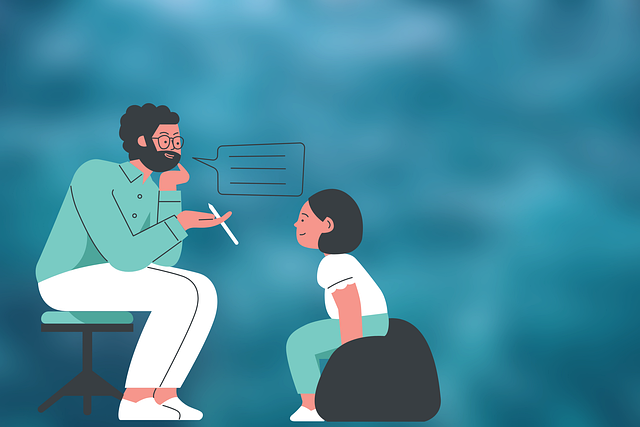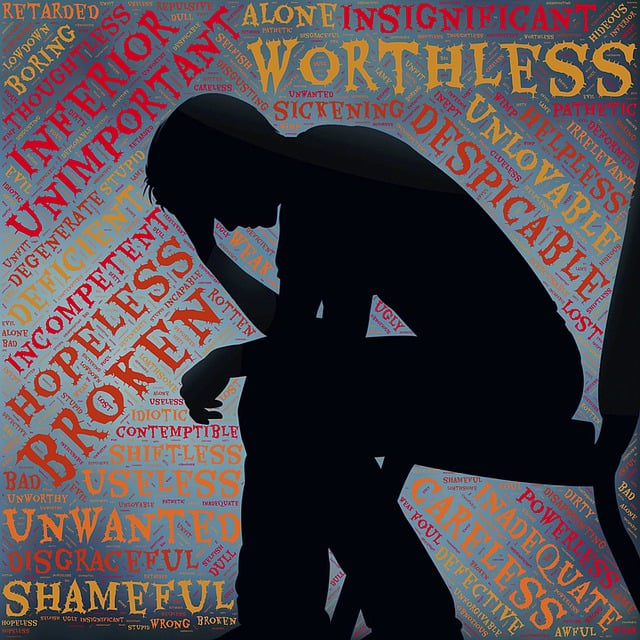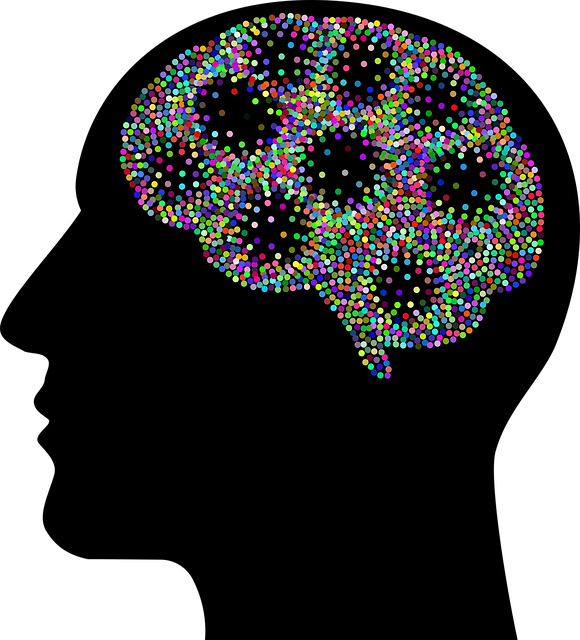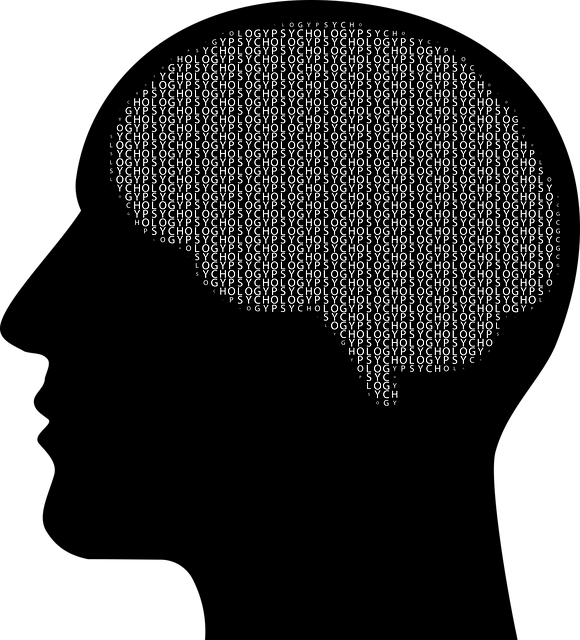Social Skills Training, offered by Boulder Independent Medical Evaluations (BIME) Therapy, is a vital component of holistic mental health care. This approach goes beyond traditional therapy by teaching practical strategies for managing social interactions and building relationships. Through role-playing scenarios, BIME's SST equips individuals with mental health conditions, especially anxiety or depression, to navigate social situations confidently. These evaluations integrate medical expertise with psychology to create personalized interventions, improving quality of life and fostering community support for better mental wellness. Support groups facilitated by BIME further enhance social skills, confidence, and emotional regulation in a safe, supportive environment.
Social skills training is a powerful tool within mental health care, offering individuals with conditions like anxiety or depression essential coping mechanisms for daily interactions. This article delves into this therapeutic approach, exploring its benefits and practical implementation. We examine the role of Boulder Independent Medical Evaluations in personalizing therapy and provide insights on effective strategies within group settings. Through real-world success stories from mental health support groups, we demonstrate how social skills training empowers individuals to navigate social challenges confidently.
- Understanding Social Skills Training: A Key Component in Mental Health Care
- The Role of Boulder Independent Medical Evaluations in Tailoring Therapy
- Effective Strategies for Social Skills Development in a Therapeutic Setting
- Real-World Application: Success Stories from Mental Health Condition Support Groups
Understanding Social Skills Training: A Key Component in Mental Health Care

Social Skills Training is an essential component of mental health care, especially in regions like Boulder where independent medical evaluations and therapy are readily accessible. This type of training goes beyond traditional talk therapy by focusing on practical strategies to navigate social interactions. It equips individuals with mental health conditions the skills needed to build relationships, communicate effectively, and manage social situations successfully.
Incorporating these techniques can significantly enhance a person’s quality of life. For instance, those struggling with anxiety or depression may benefit from learning assertiveness training, which enables them to express their needs and boundaries. Additionally, role-playing scenarios during therapy sessions help individuals rehearse difficult conversations or social engagements, boosting their confidence in real-life situations. This holistic approach considers the interconnectedness of mental health and social well-being, ensuring that treatment plans are comprehensive and tailored to individual needs.
The Role of Boulder Independent Medical Evaluations in Tailoring Therapy

Boulder Independent Medical Evaluations play a pivotal role in tailoring therapy for individuals with mental health conditions. These comprehensive assessments go beyond diagnosing and prescribe targeted interventions based on unique needs, ensuring more effective treatment plans. By integrating insights from medical expertise, psychology, and personal history, therapists can design personalized strategies that address specific challenges.
This individualized approach is crucial for fostering progress in mental health journeys. For instance, evaluating social functioning and interpersonal dynamics through Boulder Independent Medical Evaluations can inform the development of a robust self-care routine aimed at enhancing social connections and overall well-being. Additionally, these evaluations guide the implementation of community outreach programs and design mentally health education initiatives, creating a supportive network that promotes recovery and empowers individuals to navigate their mental health journeys with greater confidence and resilience.
Effective Strategies for Social Skills Development in a Therapeutic Setting

In a therapeutic setting, Social Skills Training (SST) is a powerful tool for individuals managing mental health conditions. Effective strategies often involve structured activities and role-playing scenarios tailored to address specific challenges faced by clients. Therapists can facilitate skill development by creating safe spaces where individuals feel comfortable practicing social interactions. This process encourages the formation of new neural pathways, fostering better communication and relationship-building abilities.
Boulder Independent Medical Evaluations (BIME) therapy, for instance, incorporates crisis intervention guidance to help clients navigate high-stress situations socially. Mental wellness coaching programs can be designed to enhance self-care routine development for better mental health. By combining these approaches, individuals gain practical tools to manage their conditions effectively in social contexts. Through consistent practice and feedback, SST enables participants to improve their overall mental wellness and quality of life.
Real-World Application: Success Stories from Mental Health Condition Support Groups

In the real-world application of social skills training, mental health condition support groups have proven to be a powerful tool for individuals navigating their journeys. These groups provide a safe and supportive environment where members can share experiences, offer encouragement, and learn from one another. Success stories abound, with participants reporting increased confidence in social situations, improved emotional regulation, and better coping strategies after engaging in structured discussions and activities focused on enhancing social skills.
Boulder Independent Medical Evaluations (BIME) Therapy has recognized the significance of these support groups in fostering mental health awareness and self-awareness exercises. By facilitating group interactions, BIME helps individuals develop essential life skills such as active listening, empathy, and nonverbal communication. Moreover, stress management techniques become more accessible when practiced collectively, offering members practical tools to navigate challenging situations outside the group setting. These collective experiences not only empower individuals with mental health conditions but also contribute to a broader Mental Health Awareness within the community.
Social skills training, enhanced by Boulder Independent Medical Evaluations’ tailored therapy approaches, plays a pivotal role in mental health care. By employing effective strategies in therapeutic settings, individuals with various conditions can develop and improve their social interaction abilities. Real-world success stories from mental health support groups further underscore the significance of these programs as game changers in fostering connections and enhancing overall well-being.




